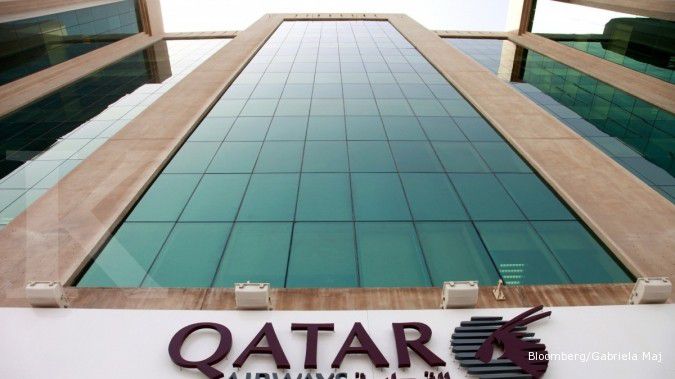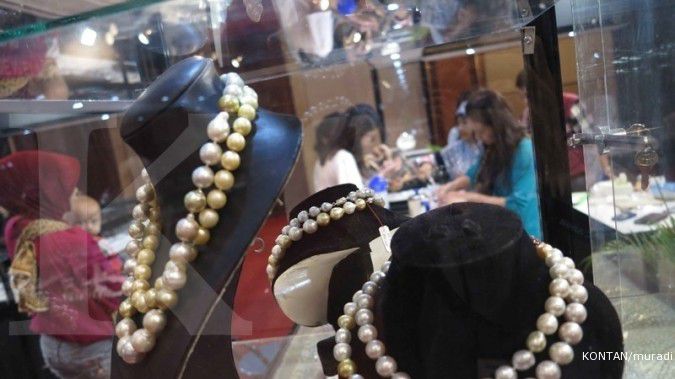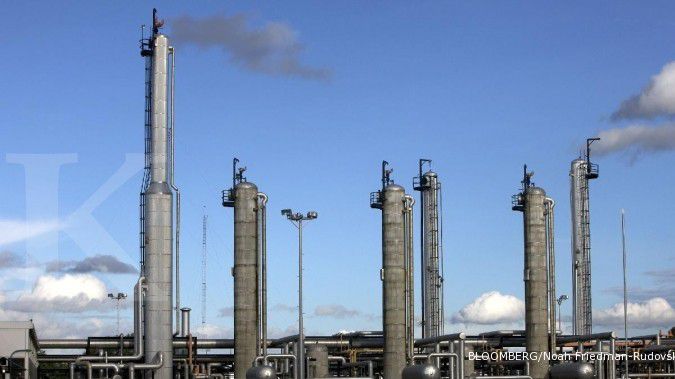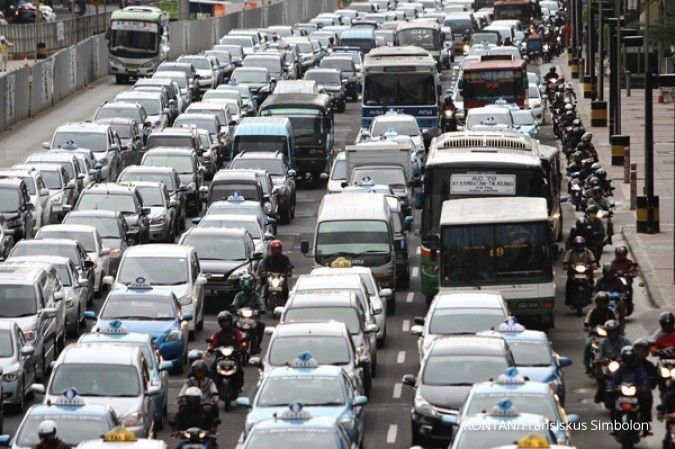JAKARTA. The Industry Ministry will almost halve its 2014 budget for small and medium enterprise (SME) development programs, following the President’s decision to cut the budgets of 86 ministries and government institutions this year.
Industry Minister Hidayat said on Monday that, based on a presidential instruction issued in May, the government had decided to cut the ministry’s budget by Rp 700 billion (US$59.13 million), to Rp 2.2 trillion.
“The budget cut, however, cannot be conducted proportionally because there are terms in the instruction that forbid cutting funds for education, funds that come from loans and grants and funds that come from non-tax state revenue and the public service agency,” he said at a hearing with the House of Representatives Commission VI, which oversees industry, trade, investment, cooperatives, SMEs, state-owned enterprises and national standardization.
According to the ministry’s data, its SME program will suffer the biggest cut, of about Rp 203 billion or nearly one-third of the total cuts, from Rp 453 billion previously. That will be followed by the high-tech based flagship industry program with a Rp 170 billion cut, from Rp 386 billion previously.
The ministry plans to request around Rp 2.7 trillion in the 2015 state budget, including Rp 300 billion for SME development programs.
Cooperatives and Small and Medium Enterprises Minister Syariefuddin “Syarief” Hasan recently said that the number of SMEs in the country was 56.5 million, 98.9 percent of which were micro-scale, while the number of cooperatives reached 200,808.
Bank Central Asia (BCA) chief economist David Sumual told The Jakarta Post that it was unfortunate for the ministry to cut its budget for SME programs because, if the government took the program seriously, it could help Indonesia to achieve its economic growth target.
“Actually, if the government could boost the development of small and medium enterprises, they could contribute much to government revenue through taxes,” he said.
He said the government could increase revenue from those working in the informal sector — which employs more Indonesians than the formal sector — without paying taxes, by encouraging them to transform their facilities into small and medium businesses.
The budget cut for SME programs, he said, would only mean informal sector workers remained neglected by the government and would leave potential state revenue untouched.
According to Central Statistics Agency (BPS) data in February, 47.5 million people, or 40.19 percent of Indonesia’s total workforce, worked in the formal sector, compared to 70.7 million people (59.81 percent) in the informal sector.
David said the government had been forced to cut budgets in ministries and government institutions because of the soaring fuel subsidy.
With 21 percent of the total state budget already allocated to the fuel subsidy and another 20 percent to education, “there is not much left to be used by ministries,” David said.
Indonesia will see its fuel subsidy spending soar to Rp 285 trillion by the end of this year, a 35 percent increase from the original allocation of Rp 210.7 trillion. (ask)
Govt to cut budget for SME development programs
June 10, 2014, 11.41 AM
/2013/12/23/652255289.jpg)
ILUSTRASI. Promo Kredit Digibank Tiap Jumat, Diskon Semua Produk Traveloka Hingga Rp 350.000
Source: The Jakarta Post
| Editor: Hendra Gunawan
Latest News
-
March 02, 2026, 04.45 PM
Indonesia has Seized 5 Million Hectares of Palm Oil Plantations, Task Force Says
-
March 02, 2026, 01.10 PM
Asian Assets Slide as Mideast Strikes Spark Oil Spike, Haven Rush
-
March 02, 2026, 10.49 AM
Bank Indonesia Monitoring Market Movements in Response to Conflict in Middle East
-
February 25, 2026, 08.28 PM
Inpex to Solicit Bids for Construction of Indonesia's Abadi LNG Project in Mid-2026
-
February 24, 2026, 03.38 PM
Eni to Reach Final Investment Decision for Indonesia Gas Projects Next Month
-
February 24, 2026, 01.00 PM
Asia Stocks Try to Steady after Wall Street Selloff Sims Mood
-
February 23, 2026, 04.50 PM
Wall Street Futures and Dollar Slide on Trump Tariff Tumult
-
February 23, 2026, 02.17 PM
Indonesia's Government Spending Jumps 26% in January 2026
-
February 23, 2026, 01.47 PM
Indonesia's Government Spending Jumps 26% in January














